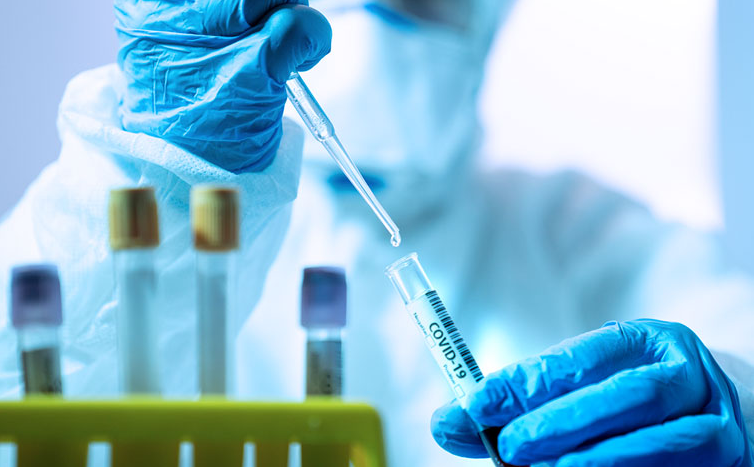How long does it take to get Covid-19 antigen test results?
The COVID-19 Antigen Rapid Test is a qualitative lateral flow immunoassay for identifying SARS-CoV-2 antigens in human nasopharyngeal swab specimens. A COVID-19 Antigen Rapid Test enables the detection of SARS-CoV-2 virus antigens in human bodies and preventive isolation measures to prevent the virus from spreading. These tests are efficient for determining if a person is at or near the peak of infection. Thus, the question is how to interpret the outcome of the quick antigen test.
Antigen test
Table of Contents
Antigen testing detects coronavirus-specific proteins called antigens. Antigen testing is frequently performed on nasopharyngeal secretions, and positive results suggest an active infection. Rapid antigen testing provides results in less than 15 minutes. While an RT-PCR test may take longer to complete, an antigen test has a greater probability of missing an infection.
What to expect during coronavirus testing
The specific testing processes differ according to the type of examination administered. To perform antibody testing, a health care provider draws blood from a vein in your arm or pricks your finger. After that, the sample is examined in a laboratory to determine the presence of antibodies directed against the new coronavirus.
Many people are more familiar with swab tests. Both RT-PCR and antigen testing need to collect a sample using a swab. Specific tests may require a nasopharyngeal swab, which entails inserting a six-inch-long swab into a nostril to reach the rear of the nose canal. The swab is twirled for approximately 15 seconds before being sent through the other nostril. After that, the swab is sent to a laboratory for testing.
Other testing locations may collect nasal swabs, throat, and mucus samples. Swabs are placed two to three millimeters into each nostril with nasal swabs, whereas throat swabs gather pieces at the back of the throat. The test administrator may also ask you to cough into a container if you cough up mucus.
Nasopharyngeal swabs can be frightening. The average person does not insert something that deeply into their nose, and while the technique is generally painless, it can be very unpleasant for others. However, studies indicate that samples collected more profound in the nasopharynx contain a higher viral content, which results in a more accurate and reliable COVID test and diagnosis.
Nasal and throat swabs, on the other hand, have a place. If it results in increased patient comfort and convenience, more testing sites may use nasal and throat swabs. If you have nasal polyps, persistent nose bleeds, or other nasal issues, discuss using a nasal swab rather than a nasopharyngeal swab with your provider.
Obtaining test result
COVID-19 antibody test results may be available the same day at some testing locations. Other establishments may be required to outsource testing. Antibody results are often received within one to two days.
Antigen test
Antigen tests were developed to obtain results quickly and detect the novel coronavirus. Antigen test results are typically available within 15 minutes. The test requires no specific laboratory equipment and may be performed in a doctor’s office or clinical setting.
Consider that increased testing across the country may place a higher strain on labs, resulting in longer-than-usual wait times for lab results.
After receiving your test results, what do you do next?
A positive RT-PCR or antigen test indicates that you are now infected with coronavirus and should take the required precautions to care for yourself, isolate yourself, and contact anybody you may have recently been in touch with. False positives (results indicating that you have the virus when you do not) are uncommon but not unheard of. Positive results should be taken seriously, and you should contact your healthcare professional immediately.
While negative findings from one of these tests can be encouraging, keep in mind that false negatives can occur depending on the period between suspected viral exposure and the test time. For instance, if you were tested quickly after exposure, you may not have enough viruses in your system to provide a positive result.
Antibody test results do not show whether or not you are currently infected. Additionally, even if an antibody test is positive, there is little proof that the antibodies discovered by these tests may effectively prevent subsequent infections. Therefore, until more is learned about the virus and a viable vaccine is developed, do not consider yourself immune to the virus based on the results of an antibody test. That involves taking all essential precautions, such as wearing a mask and maintaining appropriate social distance, to safeguard yourself and the people around you.




